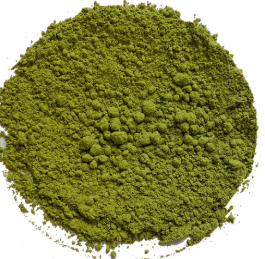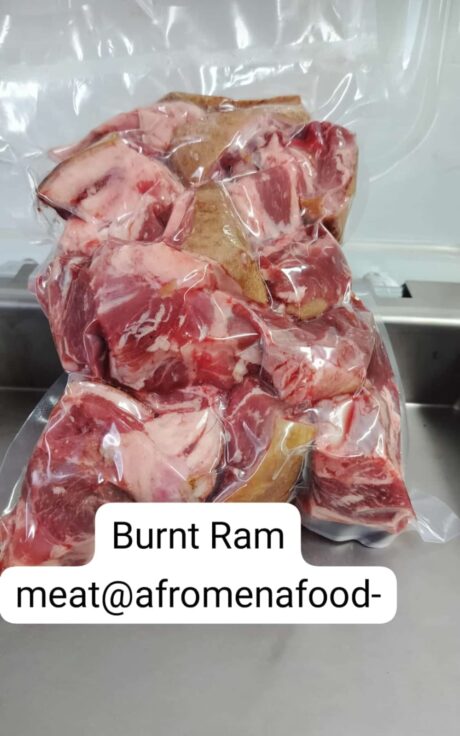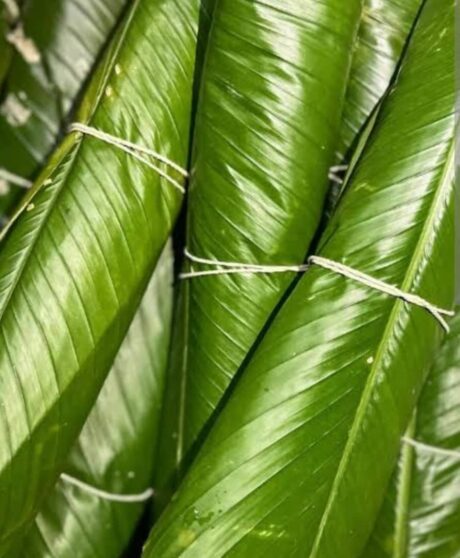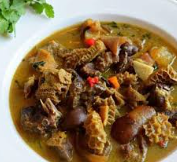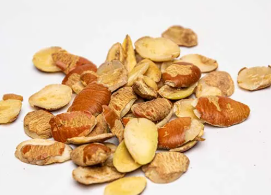Ugwu- per pack (Subscriber price only)
Description
Ugu (Telfairia occidentalis), known as fluted pumpkin leaves, is one of Nigeria’s most popular and nutritious vegetables. The leaves are tender, slightly sweet, and have a rich green color, often used fresh in soups, stews, and sauces. The seeds of the plant are also edible and can be roasted or used in traditional meals.
Sources
Edo, Delta, Anambra, Imo, Enugu, and Cross River states.
Health benefits
-
Rich in iron – helps prevent and treat anemia.
-
High in vitamins A and C – supports vision, skin health, and boosts immunity.
-
Good source of calcium – strengthens bones and teeth.
-
Improves blood production – boosts hemoglobin levels.
-
Supports reproductive health – traditionally believed to enhance fertility.
Common soups you can use it for
-
Edikang Ikong Soup
-
Egusi Soup
-
Vegetable Soup (mixed leaves)
-
Ogbono Soup
-
Okra Soup
MoinMoin Leaves – per pack -(Subscriber price only)
Description
Moi Moi leaf comes from the plant Thaumatococcus daniellii, known for its broad, flexible, and aromatic leaves. These leaves are not eaten but are used as natural wrappers for steaming dishes like Moi Moi (bean pudding) and some local rice delicacies. Cooking with Moi Moi leaves gives food a distinct earthy aroma and flavor compared to using nylon or foil.
Sources
Oyo, Ogun, Ondo, and Ekiti, as well as parts of the South-South.
Health benefits (indirect — since the leaves are not consumed directly)
-
Adds a natural aroma to food without artificial flavoring.
-
Eco-friendly and biodegradable compared to synthetic wraps.
-
Helps retain food nutrients during steaming due to its natural sealing effect.
-
The plant itself has medicinal uses in traditional medicine (e.g., the fruits are used as natural sweeteners).
Common soups or dishes you can use it for
-
Moi Moi (bean pudding)
-
Ekuru (steamed mashed beans)
-
Some local steamed rice dishes
Scent leaves -Efirin – per pack (Subscriber price only)
Description
Scent leaf, scientifically known as Ocimum gratissimum, is a highly aromatic herb widely used in Nigerian cooking for its strong, pleasant fragrance and flavor. Known as Efinrin in Yoruba, Nchanwu in Igbo, and Daidoya in Hausa, it adds a unique taste to soups, stews, and sauces. Aside from its culinary role, scent leaf is also valued for its medicinal and health-boosting properties in traditional medicine.
Sources
Grown across Nigeria, particularly in home gardens and farms in the South-West, South-East, and Middle Belt regions. It thrives in both the rainy and dry seasons.
Health Benefits
-
Boosts immunity due to its rich content of vitamins and antioxidants.
-
Aids digestion and helps relieve bloating and stomach discomfort.
-
Antibacterial and antifungal properties help fight infections.
-
Helps regulate blood sugar when consumed regularly.
-
Relieves cough and cold when boiled and taken as herbal tea.
Common soups or dishes you can use it for
-
Pepper soup
-
Yam porridge
-
Ofada sauce (Ayamase)
-
Vegetable sauce for rice or yam
-
Ogbono soup (for added flavor)
Okasi (Afang Leaves) – per pack (Subscriber price only)
Description
Okasi, also called Afang leaves, is a popular leafy vegetable native to the Efik and Ibibio people of Southern Nigeria. It is a tough, slightly bitter leaf often sliced thinly and combined with waterleaf to balance its flavor and texture. Afang leaves are traditionally used in thick, hearty soups and are well-known for their rich, earthy taste.
Sources
Akwa Ibom State, Cross River State, and parts of Rivers State.
Health benefits
-
Rich in dietary fiber – aids digestion and supports gut health.
-
High in protein for a leafy vegetable – supports muscle repair and growth.
-
Contains essential minerals like calcium and magnesium – promotes strong bones and teeth.
-
Rich in antioxidants – helps protect the body from oxidative stress.
-
Boosts iron levels – supports red blood cell production and prevents anemia.
Common soups you can use it for
-
Afang Soup (Efik/Ibibio specialty)
-
Edikang Ikong Soup
-
Vegetable Okra Soup
-
Mixed Vegetable Soup with assorted meats and fish

